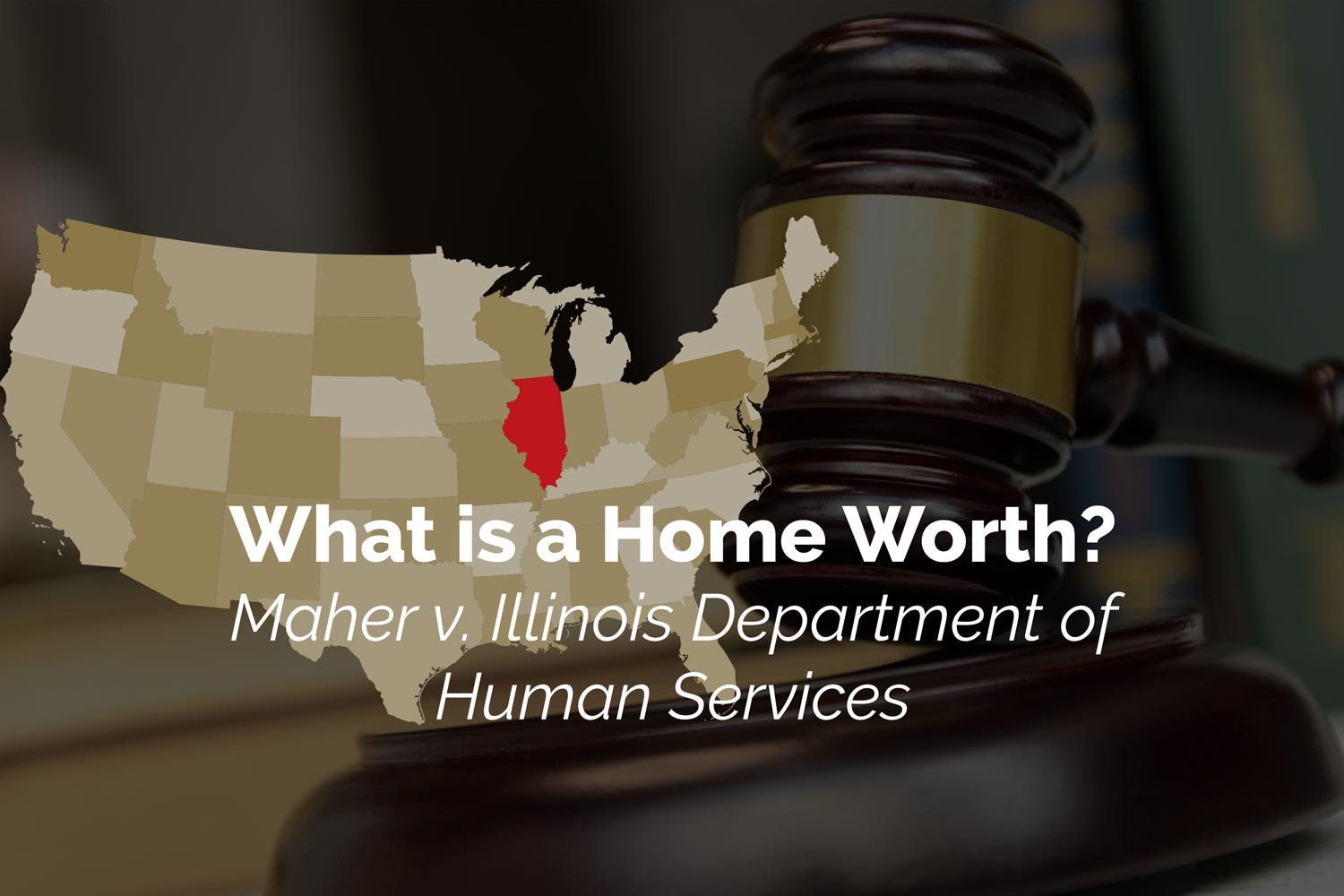
Recently, WealthCounsel published a blog regarding case law out of New Jersey regarding how the state Medicaid office imposed a penalty when a home was sold for less than fair market value. The Medicaid applicant had argued that the home was in disrepair and so the tax assessor’s value was incorrect. Now, a similar case has come out of Illinois.
In this case, an appellate court affirmed the Illinois Department of Human Services’ decision to subject the decedent, who had applied for Medicaid benefits, to a penalty for selling his home for less than fair market value in the five years before applying for benefits.
The plaintiff, administrator of the decedent’s estate, argued that the Department applied the incorrect section of the Administrative Code in determining the fair market value of the decedent’s residence and therefore incorrectly determined the fair market value of the property, imposing a penalty in error.



